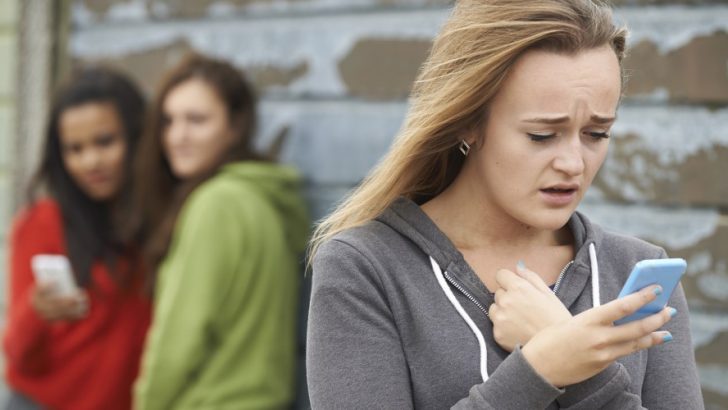Rían Wood
Recently Bishop Fintan Monahan remarked on the current challenges faced by teenagers and young people going through the educational system in modern Ireland. Teenage stress is at an all-time high, and as a teenager, albeit in the less academic and more ‘laid back’ Transition Year, I can witness these experiences first-hand.
The bishop rightly points out the many problems confronted by youth, with “the intense competition for places and courses, the struggle with online bullying, substance abuse, threat of suicide, the pressure to conform in so many ways, the lure of the many pleasures of the world.” Unfortunately, this is the situation for many adolescents today.
Mental health problems among teens has been gradually increasing in recent years, with more and more teenagers suffering from panic and anxiety attacks. This can be the result of exam or societal pressure, mixed with hormonal changes and mood swings. The number of teens on antidepressants is also on the rise, with 6% of ages 13 to 18 being on some form of antidepressant drug, despite there being some evidence that such drugs are not effective at handling depression among teenagers.
So why are the circumstances for teens worsening? People may say that it has always been this way, stress is a normal and everyday part of life and there is just more attention being brought to it now.
While it has been the case that youth have always been pressured for many reasons, the fact is that with the introduction of modern technology and social media, teenage stress is beginning to reach a whole new level.
Like with any new piece of technology, there has been a lack of understanding of what should be done to protect children and adolescents from the dangers of social media.
Effects
Seventy-six percent of teenagers regularly use social media and half of them say that the way that they are perceived by others on social media severely affects their stress levels.
Young people are presented with an impossible body image, which can severely impact self-esteem, and witness friends going out to parties, dances, trips etc. creating a feeling of isolation or fear of missing out.
Social media also generates a large amount of online bullying and abuse. A survey found that one in four Irish teens have experienced cyber bullying and many consider it to be in many ways worse to other forms of bullying.
The element of anonymity on the internet has caused there to be a degree of disconnect among people communicating online which may lead to people not realising the impact of what they are saying.
Teenagers are being exposed to more and more abuse online and many have had difficulty coping with these comments and, as the bishop mentioned, this can tragically lead to such things as self-harm, substance abuse and even suicide.
It can be difficult to discuss and monitor these topics, as teenagers may not reply easily when asked how they are treated online and if they are feeling stressed or nervous. Parents should be aware of the dangers their children are facing and make sure that they are always there for their sons and daughters if they do need someone to talk to.
They should also consider the possible option of counselling and be aware that if the situation has worsened beyond a certain point that seeking professional help may be the best and only option to ensure the well-being and happiness of their teenager.


